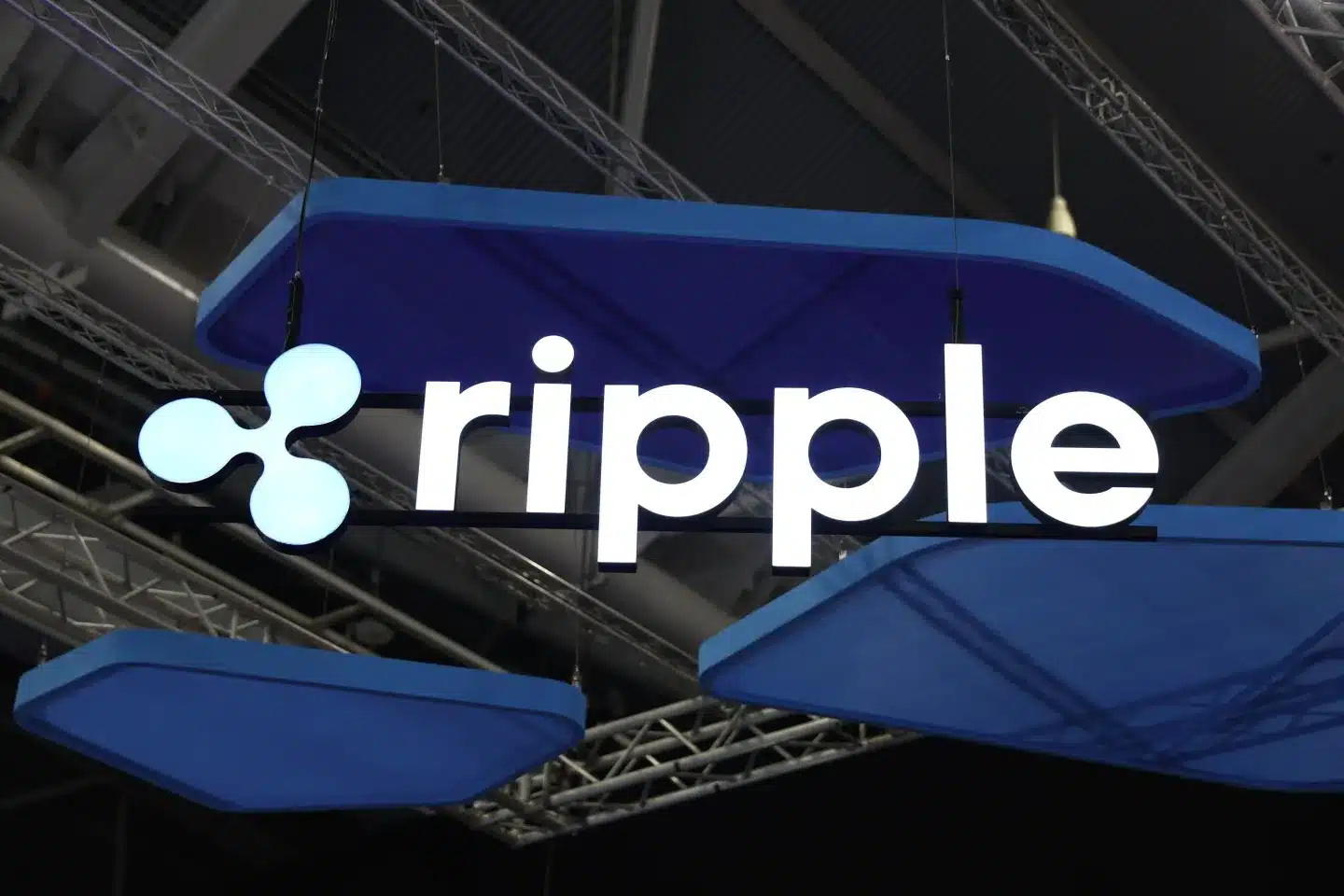Ripple has been officially listed as a digital neo-bank by The Financial Brand’s Neobank Tracker. According to analyst SMQKE via a post on X, this classification places Ripple among active digital financial service providers that deliver banking functions without holding a traditional banking license.
The recognition highlights Ripple’s growing influence in the global financial system. It indicates how the company will be able to provide basic services such as payment services, digital liquidity, and real-time cross-border payments using the blockhouse’s infrastructure.
Ripple’s transition from a crypto-focused company to a broader financial player is centered around its enterprise solutions. With RippleNet and On-Demand Liquidity (ODL), Ripple is already supporting international value transfer with XRP, which relieves the cost and accelerates settlement time. Currently, these services cover more than 55 countries, and they assist in serving banks and finance corporations in different markets.
Also Read: XRP Dominates Upbit Trading, Leaves Bitcoin and Ethereum Behind
Moreover, the introduction of its dollar-pegged stablecoin RLUSD increases the list of products that provide Ripple with digital liquidity. This stablecoin promotes effective fiat-crypto bridging, which increases Ripple’s role in the contemporary system of transactions. Such innovations make Ripple a step closer to becoming a large-scale financial service company.
Ripple’s Regulatory Moves Push It Closer to Banking Territory
Ripple has also secured “Money Transmitter” licenses in multiple U.S. states. This move enhances its legal footing as it continues expanding services in compliance-focused environments. These licenses are critical for any fintech company aiming to scale operations across national borders.
Recent insights from cpg.de highlight potential regulatory changes in the European Union. Proposals like the One-Leg Out (OCT) Instant Credit Transfer system could upset the old banks. Built to adapt to changing requirements, Ripple’s infrastructure delivers real-time services that often challenge conventional banks.
Conservative organizations such as Deutsche Bank and HSBC have been opposed to the rapid changes in regulations. Digital-first companies, such as Ripple and Revolut, however, are paving the way to take advantage of the market’s demand and offer quicker and cheaper financial services.
Ripple’s inclusion in the global digital neo-bank list marks a significant development in its evolution. By offering core financial services without a traditional license, Ripple is reshaping how value moves across borders. This classification signals a broader shift in finance, where blockchain-driven platforms now compete directly with legacy banks.
Also Read: SEC Crypto Shake-Up: New Rules Spark Solana ETP Rumors Across Market

